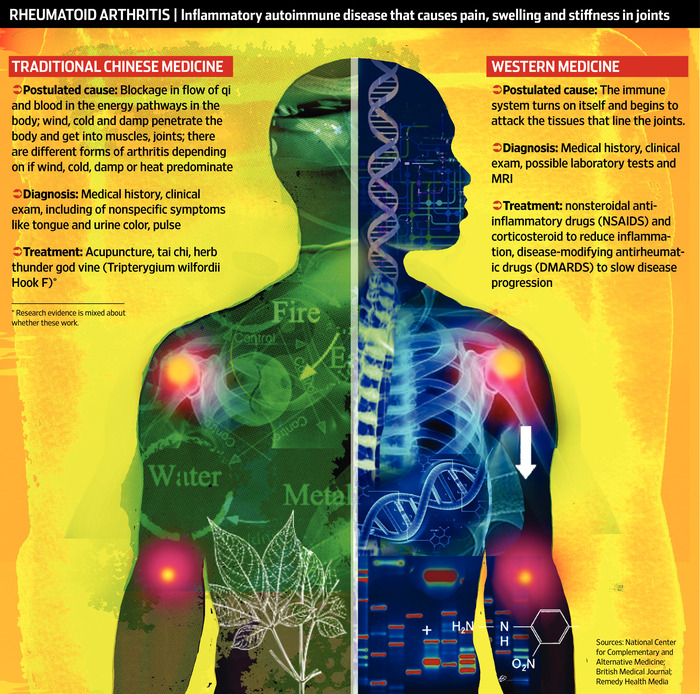The Lifeline for Diabetes Management

Insulin plays an essential function in the lives of countless individuals around the world who have diabetes. Found almost a century back, this impressive hormone has transformed the treatment and management of diabetes, permitting people to live healthier and more fulfilling lives. In this article, we delve into the intricacies of insulin, its functions, types, and the crucial function it plays in keeping glucose balance in the body.
I. Comprehending Insulin
Insulin is a hormonal agent produced by the pancreas, particularly by the beta cells within the Islets of Langerhans. Its primary function is to manage glucose metabolic process in the body. When we take in carbohydrates, our digestive system breaks them down into glucose, which goes into the bloodstream. Insulin acts as a key to unlock the cells' doors, permitting glucose to get in and be used for energy or stored for later use.
II. Kinds of Insulin
Rapid-Acting Insulin:
Examples: Insulin lispro, Insulin aspart
Beginning of action: 15 minutes
Peak impact: 1-2 hours
Duration: 3-4 hours
Rapid-acting insulin is generally taken prior to meals to cover the increase in blood glucose after consuming.
Short-Acting Insulin:
Examples: Regular insulin
Onset of action: thirty minutes to 1 hour
Peak result: 2-3 hours
Period: 3-6 hours
Short-acting insulin is usually administered 30 minutes before a meal and is effective for a somewhat longer period than rapid-acting insulin.
Intermediate-Acting Insulin:
Examples: NPH insulin
Onset of action: 1-2 hours
Peak result: 4-8 hours
Duration: 12-18 hours
Intermediate-acting insulin provides a longer period of action and is often used in combination with fast- or short-acting insulin to cover basal insulin needs.
Long-Acting Insulin:
Examples: Insulin glargine, Insulin detemir
Start of action: 1-2 hours
Peak impact: Peakless or very little peak impact
Period: As much as 24 hours
Long-acting insulin provides a sluggish and steady release of insulin, imitating the body's basal insulin secretion.
III. Insulin Administration
Insulin can be administered utilizing numerous methods, including:
Insulin injections: The most typical method involves utilizing a syringe, insulin pen, or insulin pump to provide insulin subcutaneously.
Insulin pumps: These devices deliver a constant supply of insulin through a small tube placed under the skin, decreasing the requirement for regular injections.
Inhalable insulin: A fairly newer technique, inhalable insulin permits insulin to be soaked up through the lungs.
IV. Challenges and Developments
While insulin has been a game-changer in diabetes management, it is not without challenges. Some individuals may experience hypoglycemia (low blood sugar) or weight gain as side effects. Additionally, the cost of insulin and the requirement for multiple day-to-day injections can posture financial and practical difficulties for some.
Nevertheless, improvements in insulin therapy have aimed to address these difficulties. For instance, the advancement of long-acting insulin analogs has actually offered much better basal insulin coverage and lowered the danger of hypoglycemia. Technological innovations, such as constant glucose tracking systems and closed-loop systems, have enhanced insulin shipment and glucose management.
V. The Future of Insulin
Researchers continue to explore ways to improve insulin therapy and establish alternative shipment approaches. Efforts are underway to produce orally available insulin, which would get rid of the requirement for injections completely. Artificial pancreas systems that combine continuous glucose monitoring with automated insulin delivery offer wish for better glycemic control and improved quality of life for people with diabetes. Make a fascinating discovery about Ozempic Florida at https://esh2013.org/why-lantus-solostar-pen-is-the-go-to-insulin-solution-in-florida/. You will not want to leave!
Conclusion:
Insulin has been a life-saver for people with diabetes given that its discovery. With its capability to regulate glucose metabolism, insulin permits individuals to handle their condition and lead fulfilling lives. Although challenges exist, improvements in insulin therapy and shipment techniques continue to improve diabetes management. As we want to the future, the development of brand-new insulin analogs and ingenious technologies holds the pledge of even much better outcomes for those dealing with diabetes.
Knowledge source:
https://dictionary.cambridge.org/us/dictionary/english/medication

